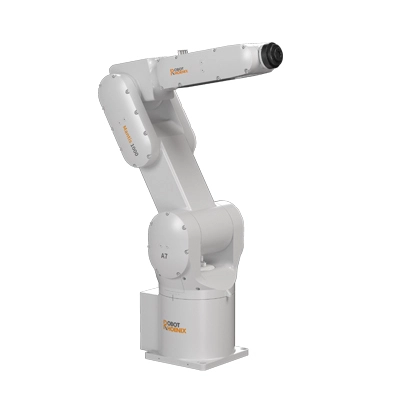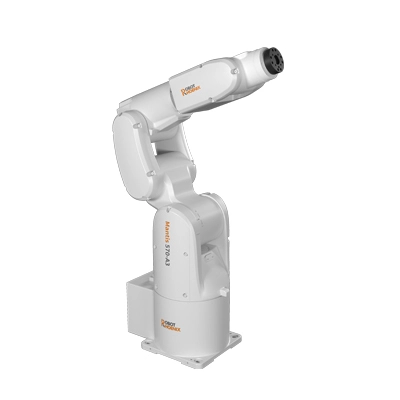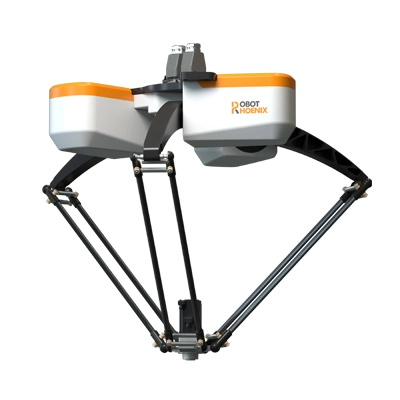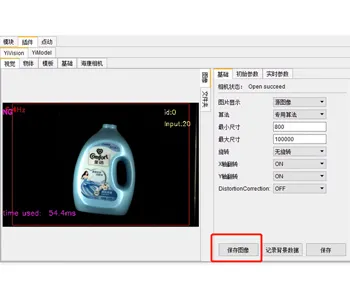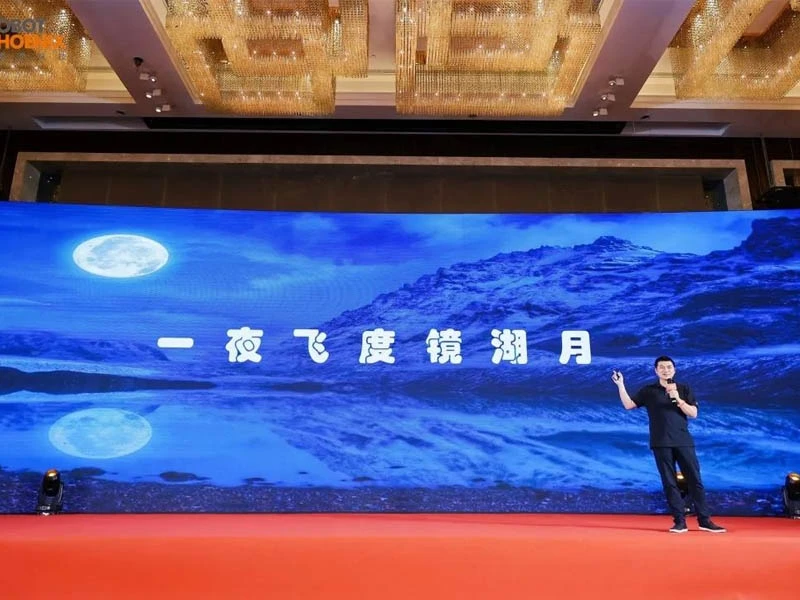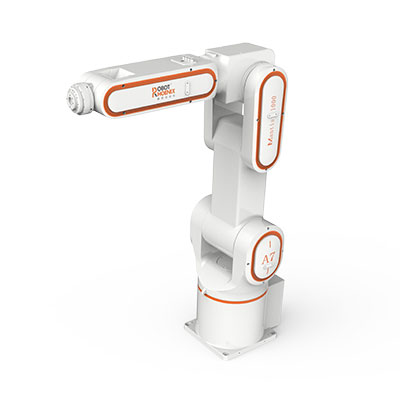The delta robot industry in Europe started earlier and the pace of marketization was steady. Early in 1985, scholars at the Swiss Federal Institute of Technology Lausanne in Switzerland invented the delta robot. In 1999, ABB (Switzerland) began selling delta robots. In contrast, delta robot industry in China started late, and the initial market application was mainly dominated by foreign brands such as Adept, ABB, FANUC and Kawasaki.
With the gradual maturity of technology and the accumulation of application experience, the scale of China's delta robot market has expanded rapidly. GGII research data shows that in 2022, China's parallel robot (DELTA) market size is about 926 million yuan, a year-on-year growth of 4.28%; In the same year, China's delta robot sales is about 7,605 units, a year-on-year growth of 5.98%.
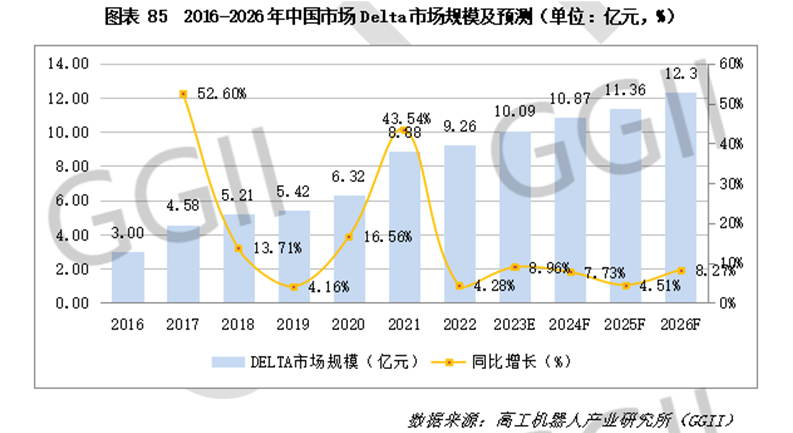
Robotphoenix LLC. (hereinafter referred to as “Robotphoenix”) started with delta robots and is one of the representatives of domestic manufacturers of delta robots now. After 11 years of development, Robotphoenix has a full product matrix of lightweight industrial robots and core components.
Go With The Flow In Tempest-Tossed Situation
In 2012, ABB's patent was lifted, and domestic enterprises successively developed and produced delta robots. Robotphoenix was born in this year, formed by a young team, and successfully developed a delta robot prototype in the same year.
Zhang Sai, the founder of Robotphoenix, is a complete entrepreneur of Academism. He received his bachelor's degree from Tsinghua University, master's degree from Columbia University, Doctor of Engineering from Tsinghua University. He is also a senior engineer. After graduation, Zhang Sai had been working in Chen Hsong Holdings Limited for a long time. Until 5 years later, he left Chen Hsong, Shenzhen, and returned to his hometown Ji’nan, beginning his entrepreneurial journey.
At the beginning of the business, Robotphoenix passed the growth stage of “Zero income from pure research and development” by relying on overseas returnee entrepreneurship policy subsidies. Despite the shortage of funds, the development of the delta robot prototype has made good progress, and the prototype machine has entered the customer field trial in less than one year.
In 2014, Bat-series delta robot was officially launched, and the advanced industrial robotics of Robotphoenix entered the large-scale production stage. From R&D to large-scale production, Robotphoenix only took less than two years. This prompted Robotphoenix to be approved by investors, and the angel round of financing was completed in the same year.
During the R&D period, the development of Robotphoenix was not smooth, facing problems like no customers, customer distrust, cash flow disruption, etc. Robotphoenix even was on the verge of bankruptcy. In 2016, the partners split, and Robotphoenix adjusted its enterprise development strategy along the trend, turning the crisis into an opportunity to start again.
Under the hardship, Zhang Sai chose to insist. Not a stubborn persistence, but the persistence of going with the flow. So far, Robotphoenix has set up a complete industrialization team of market, R&D, production and delivery. Among them, the proportion of full-time R&D personnel accounts for one-third.The experienced technical backbones are graduated from Columbia University, Tsinghua University, Harbin Institute of Technology, Shandong University and other domestic and foreign key universities.
In addition, in terms of output value, from 2016 to 2022, the output value of Robotphoenix jumped from 10 million yuan to 200 million yuan, and CAGR is more than 110%.
At present, the manufacturing robots for sale have been widely used in sorting, handling, packaging, gluing, palletizing and other links in the light industries of food, pharmacy, 3C electronics, daily chemicals, semiconductor, and new energy.
The Bat-series delta industrial robot, self-developed by Robotphoenix, has a load range of 0.1KG~60KG, and two types including two axes type and four axes type. The delta robots are widely used in precision assembly, sorting, packaging and other links in electronics, food, medicine, daily chemicals, logistics, new energy and other industries.
Bat-series delta robot has great advantages in fast grasping and sorting applications, with high positioning accuracy and re-positioning accuracy less than 0.1mm. The features meet most applications. It also has features such as rich function expansion, strong openness, strong flexibility, secondary development ability, etc., allowing a flexible application and fast grab action.
Exportation Is On The March
In recent years, domestic industrial robot enterprises set off a wave of Robot Exportation. Latin America and Southeast Asia are one of the first stations of the exportation tide.
Taking Vietnam as an example, Vietnam is gradually becoming an important center for the manufacturing and consumption of 3C digital products in the world. Although Vietnam has a population of more than 100 million, the overall quality of the labor force is still in short supply, and it is difficult to withstand the labor demand brought by the huge industrial transfer.
Where there is a shortage of labor, the opportunities for industrial robot companies are there. According to data released by China's General Administration of Customs, from January to November, 2022, the amount of industrial robots exported from China to Vietnam reached 28.709 million USD.
As early as 2017, Robotphoenix has won orders for food industry production lines in Canada. Up to now, the robotics in food industry of Robotphoenix have been exported to more than 10 countries and regions such as Europe, America, Southeast Asia, Russia, Brazil, etc.
In 3C industry, solutions provided by Robotphoenix are mainly for scenarios like mobile phone glass loading and unloading, panel high-altitude transportation, mobile phone lithium battery handling and so on. Among them, Anti-Fingerprint glass spraying feeder is one of the products that Robotphoenix has exported to Vietnam. In this feeder, the robot grabs the glass and places it in the spraying vehicle, and the full loading vehicle is transported into the spraying equipment.
In the past two years of the impact of the epidemic, Robotphoenix still exported nearly 100 sets of loading, unloading and transferring equipment to Vietnam, with a sales amount of more than 20 million Chinese Yuan.
In daily chemical industry, a wet wipes company in Brazil has purchased more than ten sets of wet wipes application and pack machines, which can achieve the automatic operation of labeling, gluing and covering of wet wipes, improving the accuracy of gluing covers and replacing at least three workers. At present, Robotphoenix has exported more than 100 set of robots in chemical industry.
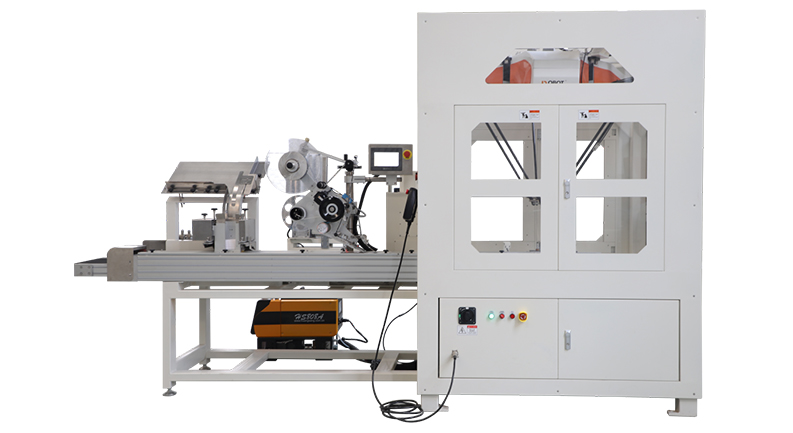
Moreover, in food industry, an integrator in Russia has purchased several BAT-series 1100 delta robots from Robotphoenix. Combined with 3D vision and feeder of the former working procedure, the food packing robots can achieve automatic seafood sorting and picking. Robotphoenix said that the company is expected to reach further in-depth cooperation with the integrator in the near future.
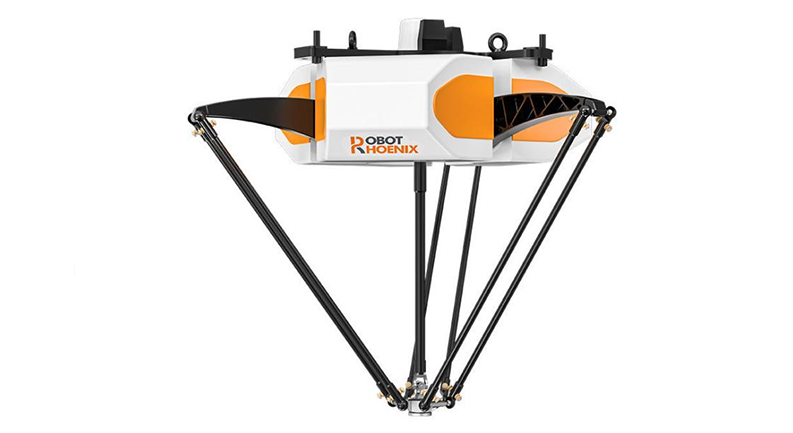
Robotphoenix will continue to focus on the development of overseas markets. In this year, Robotphoenix have planed to participate in world-renowned industry-related exhibitions, such as EXPO LAS VEGAS 2023 in the United States, Vietnam Manufacturing Expo in Vietnam,XXIV INTERNATIONAL EXHIBITION in Russia and other exhibitions, so as to further promote industrial robot supply overseas, and to deepen the global industrial robot business.
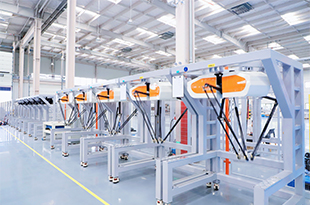 Learn More
Learn More 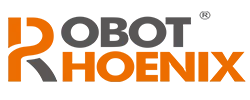
 EN
EN  ja
ja  ko
ko  fr
fr  de
de  es
es  ru
ru  pt
pt  ar
ar  vi
vi  ur
ur 


